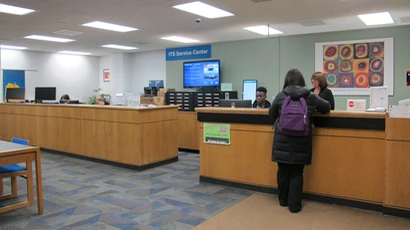Perform the following tips:
- Run a virus scan on all diskettes (floppy or zip, etc) that you receive from someone, before you attempt to open any files on it.
- Do not open any files attached to an email from an unknown, suspicious or untrustworthy source. Always let your e-mail recipient know, in your e-mail message description, what your attachment contains. Likewise, only open attachments that have been described in e-mail messages you receive. Suspicious files are executable files (with a ".exe" extension), as well as any extensions such as .pif and .vbs.
- Do not open any files attached to an email unless you know what it is, even if it appears to come from a dear friend or someone you know. Some viruses can replicate themselves and spread through email. Better be safe than sorry and confirm that they really sent it.
- Do not open any files attached to an email if the subject line is questionable or unexpected.
- Delete chain emails and junk email. Do not forward or reply to any to them. These types of email are considered spam, which is unsolicited, intrusive mail that clogs up the network.
- Do not download any files from strangers.
- Exercise caution when downloading files from the Internet. Ensure that the source is a legitimate and reputable one. Verify that an anti-virus program checks the files on the download site. If you're uncertain, don't download the file at all or download the file to a floppy and test it with your own anti-virus software.
- Update your anti-virus software weekly. This can be done automatically if you schedule it to do so. Over 200 viruses are discovered each month, so you’ll want to be protected.
- Back up your files on a regular basis. If a virus destroys your files, at least you can replace them with your back-up copy.
- When in doubt, always err on the side of caution and do not open, download, or execute any files or email attachments.

